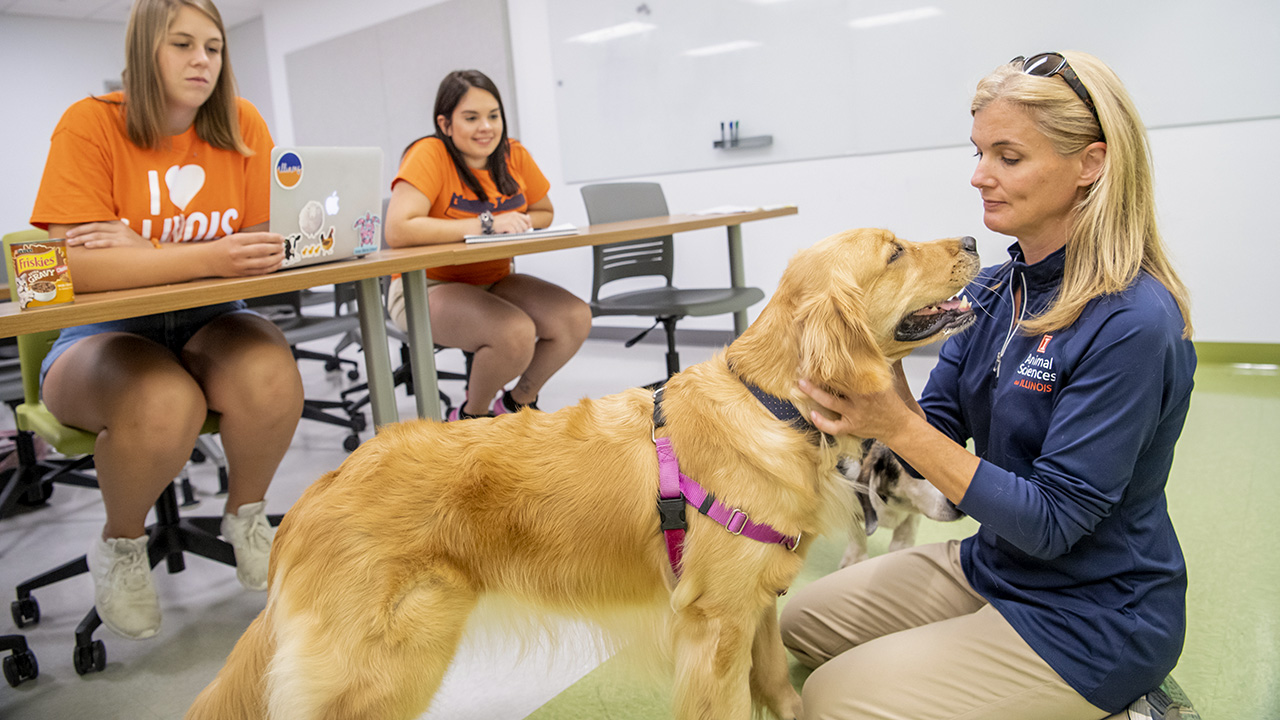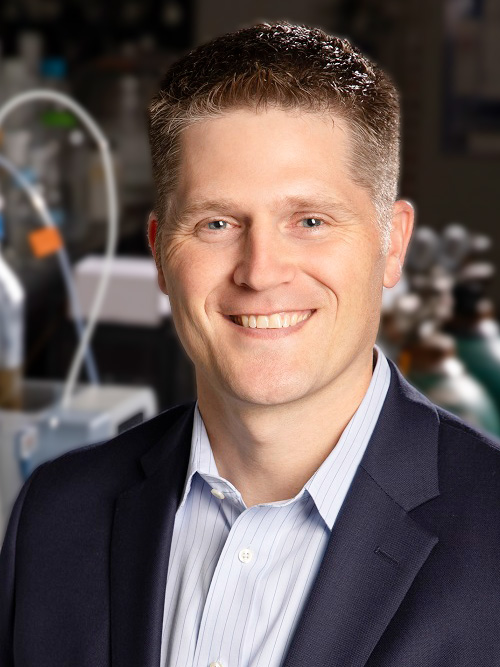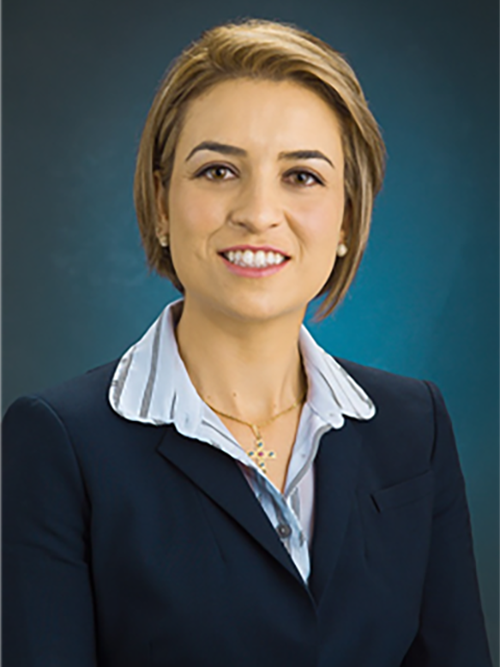Program Requirements
The non-degree certificate program is currently a three-semester program with all courses offered entirely online. For those who need them, continuing education (CE) credits will be provided after the successful completion of each course.
In order to be accepted, applicants must have a bachelor’s degree. No specific discipline for this bachelor’s degree is required.
Fees
All courses are priced at the same rate. The cost will be $726/credit ($2,178 for each 3-credit course.) The certificate, which requires three courses of three credits each, would cost a total of $6,534. This degree program is paid for by the student and not eligible for waivers, assistantships, or internal scholarships.


